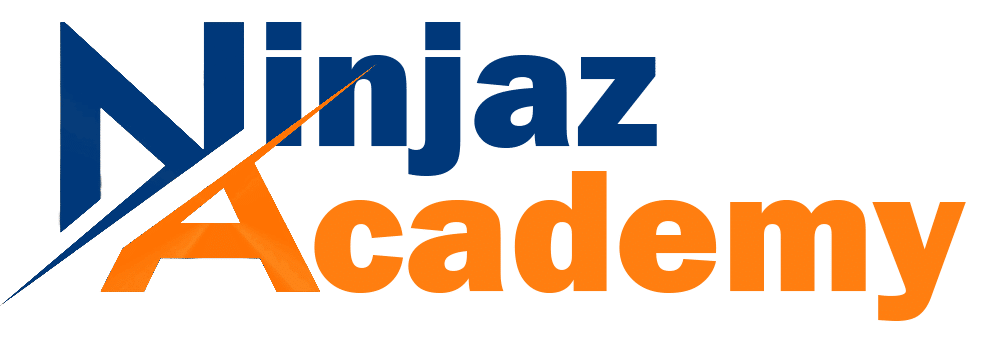
Leadership in Energy and Environmental Design Accredited Professional – LEED AP
About This Course
The Leadership in Energy and Environmental Design Accredited Professional (LEED AP) training is a comprehensive course designed to provide professionals with the knowledge and skills needed to achieve LEED AP certification. This certification demonstrates a firm understanding of sustainable design principles, as well as a commitment to environmentally responsible construction practices.
LEED AP (Leadership in Energy and Environmental Design Accredited Professional) certification provides several benefits to individuals and organizations that engage in sustainable building practices. Here are some of the key benefits of LEED AP certification:
- Recognition: LEED AP certification is recognized globally as a mark of excellence in sustainable design and construction.
- Enhanced Career Opportunities: LEED AP certification can lead to enhanced career opportunities and salary increases for professionals working in fields such as architecture, engineering, construction, and property management.
- Improved Knowledge and Skills: The LEED AP certification process involves extensive training and testing on sustainable building practices, which enhances an individual’s knowledge and skills in this area.
- Reduced Costs: Sustainable buildings typically have lower operating costs due to increased energy efficiency and reduced resource consumption, resulting in cost savings for building owners and tenants.
- Increased Property Values: Properties designed and constructed using sustainable building practices have been shown to have higher resale values compared to non-sustainable properties.
- Positive Environmental Impact: Sustainable building practices help reduce the carbon footprint of buildings and contribute to a more sustainable future.
- Regulatory Compliance: In some jurisdictions, LEED certification is required by law or regulation for certain types of buildings or projects.
Overall, LEED AP certification offers numerous benefits for both individuals and organizations looking to engage in sustainable building practices.
The LEED AP training curriculum covers six main topics: Sustainable Site Development, Water Efficiency, Energy and Atmosphere, Materials and Resources, Indoor Environmental Quality, and Innovation in Design. Each of these topics is critical to achieving sustainable building design and construction, and the LEED AP program provides professionals with the tools they need to master these concepts.
Throughout the LEED AP training program, participants will engage in interactive discussions, case studies, and hands-on exercises designed to reinforce key concepts and principles. Additionally, the program includes an overview of the LEED certification process, exam preparation strategies, and guidance on maintaining the LEED AP credential.
Upon completion of the LEED AP program, professionals will have the knowledge and skills needed to take and pass the LEED AP exam, as well as the confidence to apply sustainable design principles in their day-to-day work. By achieving LEED AP certification, these professionals will demonstrate their commitment to environmental responsibility and become leaders in sustainable building design and construction.
Learning Objectives
Target Audience
- Architects and architectural designers
- Engineers (civil, mechanical, electrical, structural, etc.)
- Construction project managers and contractors
- Interior designers
- Building owners and facility managers
- Sustainability consultants
- Urban planners and developers
- Energy and environmental consultants
- Building inspectors and code officials
- Real estate professionals




